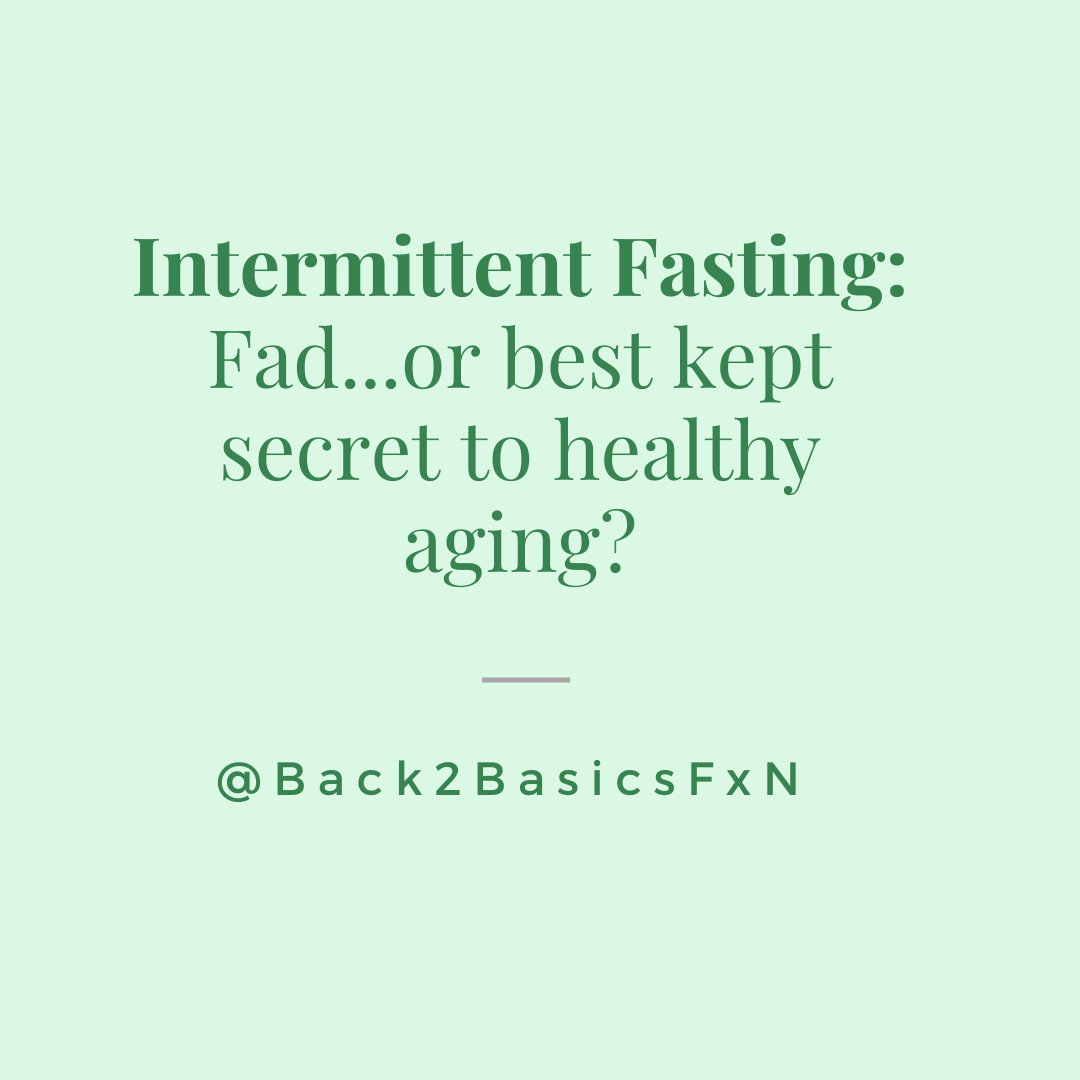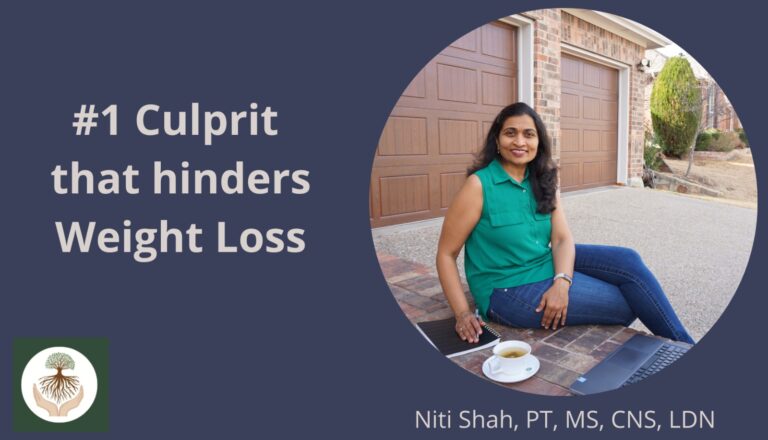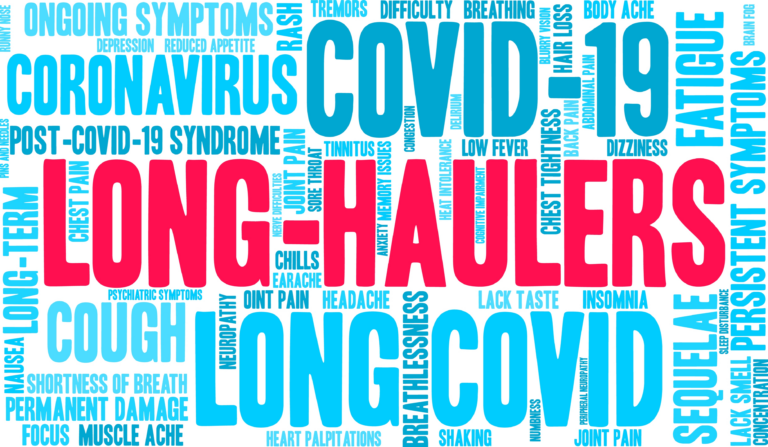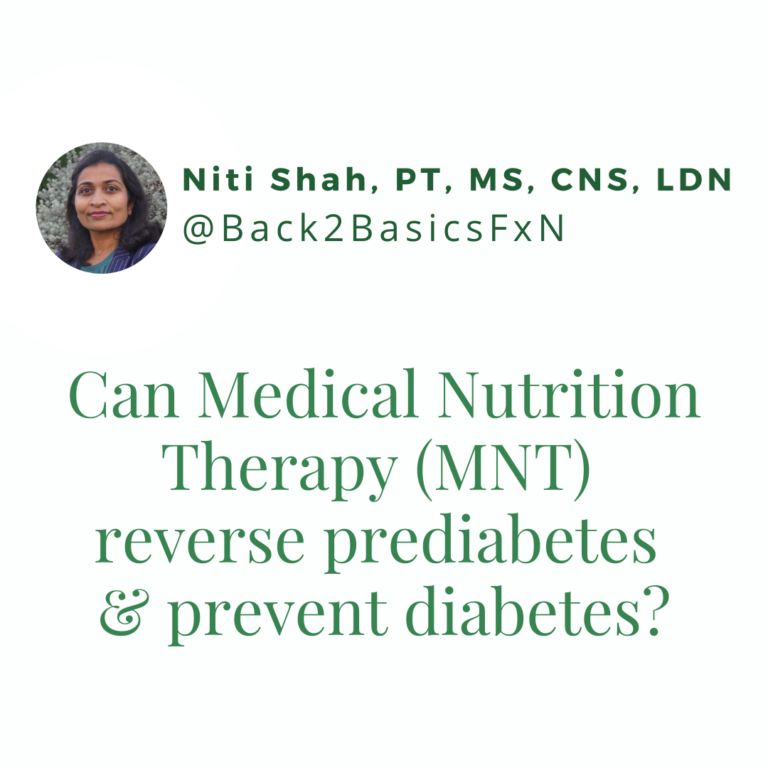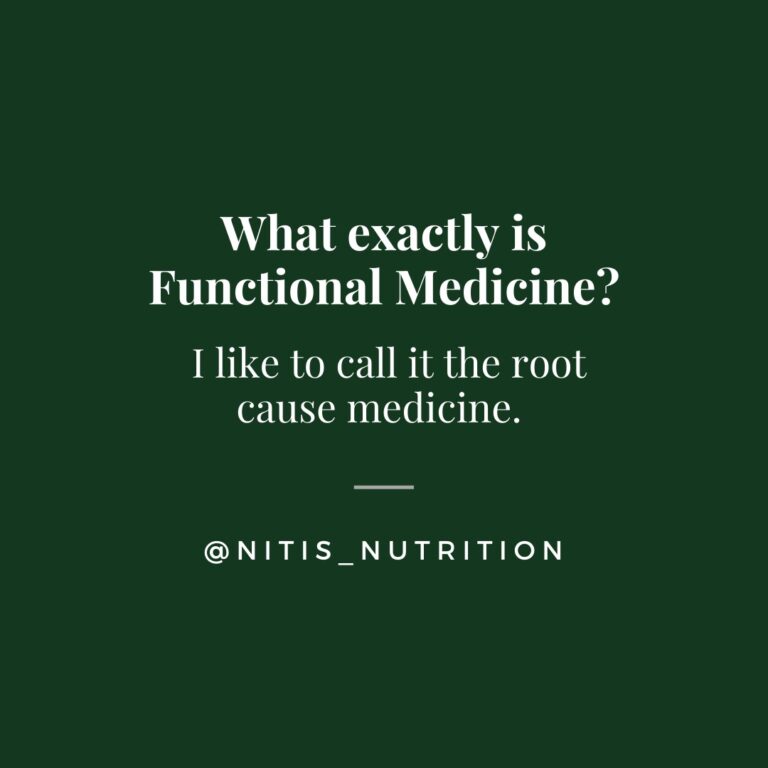| Eating in a certain window of the day or week a.k.a intermittent fasting has been a consistent buzzword within the health and fitness world. There are claims for it to help with weight loss, overcome metabolic imbalances and improve health overall. One thing to keep in mind is like everything else there is no one size fits all for intermittent fasting too. I wanted to present some evidence-based information so you can make an informed decision for yourself. Is intermittent fasting a new intervention?Intermittent fasting seems like a new health trend but looking back in time, fasting has been in practice for ages and has been part of almost all cultures and religions including Islam, Jainism, Hinduism, Judaism, Christianity, and many more. Fasting during Ramadan month in Islam, eating during light hours (sunrise to sunset) in Jainism, and mandatory fasting in times of limited food sources are examples of intermittent fasting in history. Historically, humans ate in certain windows of the day and did not eat throughout the day like in present times. Why is intermittent fasting so popular these days?Fasting does not involve complex calorie counting. There is no specific intermittent fasting diet that needs to be followed. In fact an intermittent fasting schedule can be made to match any individual’s existing schedule comfortably. All these factors have led to the popularity of “Intermittent Fasting.” What are the different versions of intermittent fasting?They can be divided into four main versions based on how long the fasting is practiced: 1. Time-restricted feeding (eating within a window of 6, 8, 10, 12 or 14 hours during the day) with 16/8 intermittent fasting being the most widely practiced these days 2. 5:2 fasting (eating for 5 days and fasting for 2 days every week) 3. Alternate-day fasting and 4. Periodic fasting (once a week or once every other week) What is immunosenescence?Immunosenescence pronounced as (ĭm″ū-nō-sĭ-nĕs′ĕns) sounds like a spelling bee word. It sure can be! But is also a term that has been gathering interest in the scientific and health-care community. Immunosenescence can be defined as a decline in immunity associated with advancing age and an increased frequency of infections and chronic diseases. Why is it important to delay immunosenescence?Aging is an irreversible process and so our goal is to find interventions that might delay the process of immunosenescence and consequently improve the quality of life. Which form of intermittent fasting has shown the best results for healthy aging in research?To delay immunosenescence and age gracefully in both men/women periodic fasting once a week or once every other week (fasting with only fruits and vegetables consuming <500kcal on the fasting day or going for water-only fasting) appears to show best results1,2. Besides, it is always advisable to include more vegetables in one’s diet. What effect does periodic fasting have on our cells?Periodic fasting has been shown to reduce the rate of aging and has also been shown to provide an anti-inflammatory effect. This periodic cycle of caloric restriction followed by re-feeding possibly helps delay immunosenescence by killing old, damaged cells and replacing them with young, functional, healthy cells1,2. Is it very difficult to fast? Will I be able to fast?These are valid concerns if you have never tried fasting before. Give yourself a month and trust me it gets easier. Try fasting on a busy day rather than the weekend which will keep your mind off of food. Green tea, black tea, clear broths, can act as appetite suppressants and help control hunger. Can I eat whatever I like on days I am not fasting?Fasting should not be an excuse to eat whatever you like on non-fasting days. Try to follow a nutritious diet on non-fasting days as well. After your fast, eat normally as if you never fasted. Be aware to not fall into binge eating the following day as it can nullify the benefits of intermittent fasting If you are a newbie and want to incorporate fasting in your lifestyle, I recommend reading- The complete guide to fasting by Dr. Jason Fung. Periodic fasting or time-restricted feeding where one limits the hours of the day when one is eating (preferably early in the day following circadian rhythm) can be the best-kept secret our ancestors followed for their wellbeing. Like most things, we are turning a full circle and realizing the wisdom of our ancestors around fasting! Resources Choi, I. Y., Lee, C., & Longo, V. D. (2017). Nutrition and fasting-mimicking diets in the prevention and treatment of autoimmune diseases and immunosenescence. Molecular and cellular endocrinology, 455, 4–12. https://doi.org/10.1016/j.mce.2017.01.042 Maijó, M., Clements, S. J., Ivory, K., Nicoletti, C., & Carding, S. R. (2014). Nutrition, diet, and immunosenescence. Mechanisms of aging and development, 136-137, 116–128. https://doi.org/10.1016/j.mad.2013.12.003 Please share your insights or intermittent fasting benefits you would have experienced. In health, Niti |
